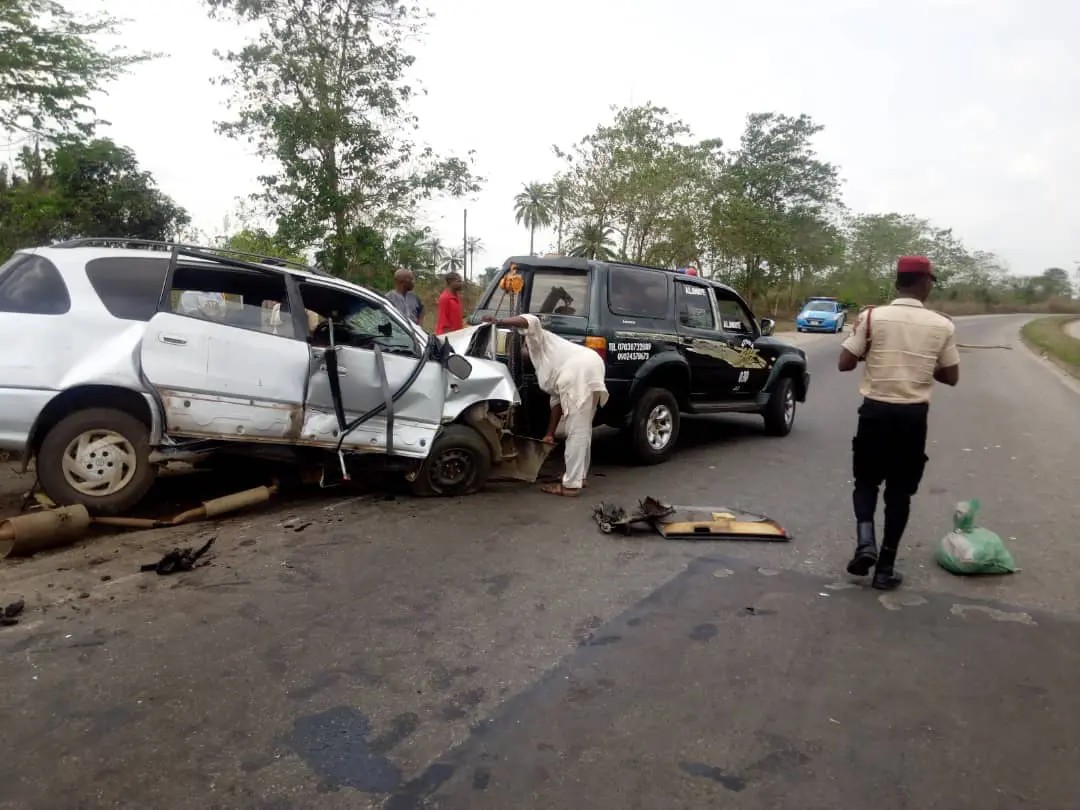
Dr. Joshua Giyan is a family physician and Chief Medical Director, Federal Medical Centre (FMC), Keffi, where he has been serving for over six years. In a chat with MSUGH ITYOKURA, he aims to stop medical tourism, which has been a drain on Nigeria’s scarce foreign exchangeHow do you rate the state of health facilities in the country and what do you health services rendered?
There are challenges generally, but in the health sector, we are moving faster because surgical procedures that were, hitherto, done abroad are being done in the country today. In our centre, we are determined to curtail medical tourism to the barest minimum. So, I won’t say, it is totally deplorable because there was a time when Federal hospitals were considered as mere consulting clinics.
You come in, see a doctor, but no drugs, and I remember that measures were put in place through the Drug revolving fund to ensure that drugs were always available. However, the “Nigerian factor” has bedeviled the efforts of government, resulting in some assets being in deplorable condition in the health sector.
Unnecessary strikes have not helped matters, too. People are paid, but most times they down tools, abandoning patients to their fate, resulting in avoidable deaths. The attitude of workers is often not good at all, but generally speaking, we have improved.
For instance, we have improved on our infrastructure and what was there in 2010 has now improved. Now, we have modern equipment in different units that was not there before. Quality of service has improved due to training and re-training, especially in Keffi. Often times, we hear of equipment breakdown without subsequent replacement as expected, so what happens in that kind of situation?
It happens because of poor planning. Buying equipment without building in the maintenance aspect is calling for failure of these sensitive equipments.
The procurement process has instructed that for any equipment being bought, you should build in installation, and one year repair training so that, at least, for the next 12 months, you have a problem-free equipment.
In fact, there is what is called retention bid; you can only be paid, when you are satisfied or after the subsisting period expires.
What we have also done is to go into partnership to acquire some of these equipments on a public/private partnership basis. They install, and put to use for profitable service, so if you are lacking any equipment, the public/ private partnership is the best and even in terms of maintenance .






